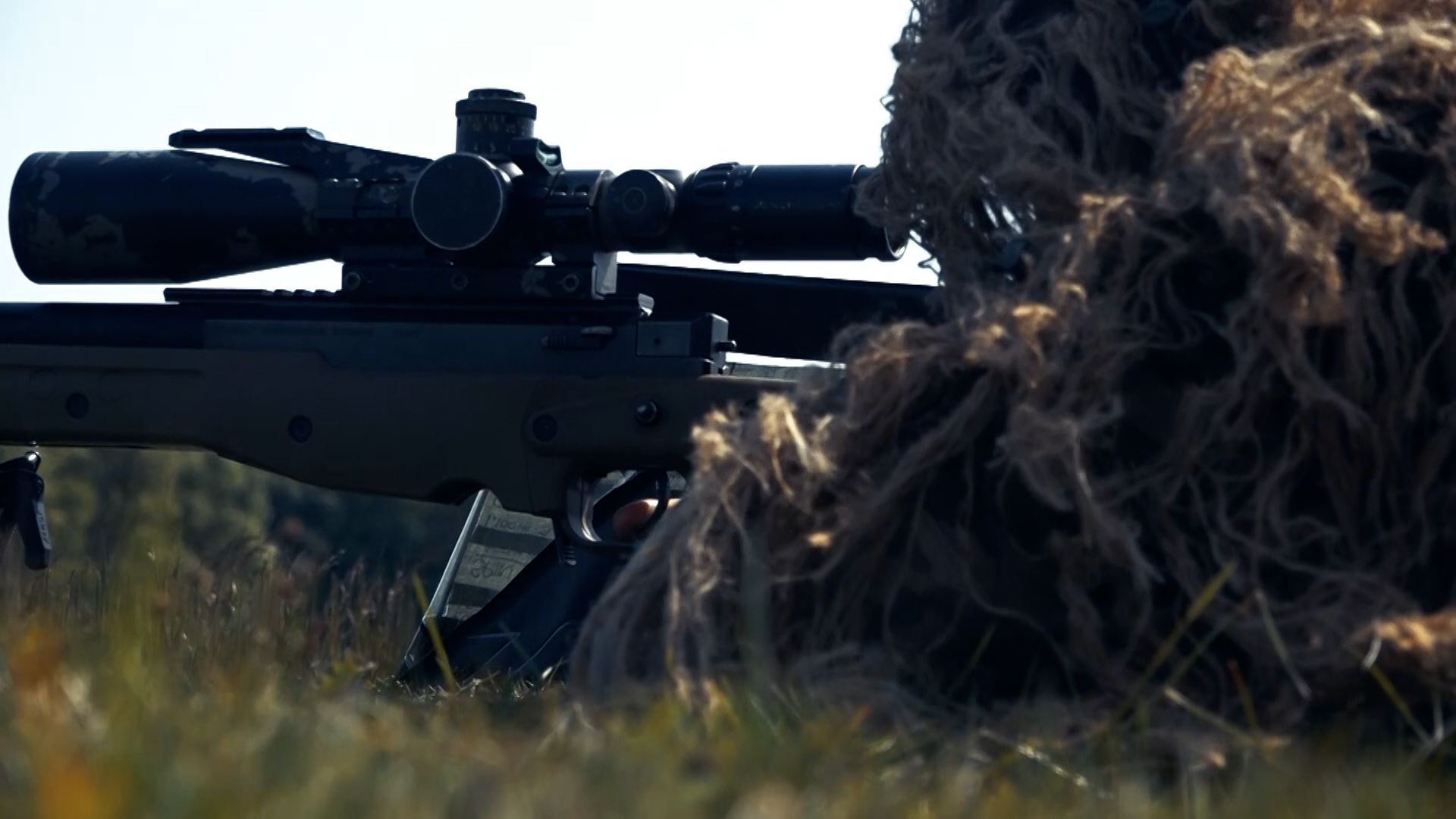Royal Marines Commandos set their sights on success as sniper course draws to close
Royal Marines on the scout sniper course had to take an aptitude test and pass with a high score just to get a place.
Those that made it then had to pass three modules – and at the moment it was a case of two down, one to go.
Their marksmanship and skills modules were now complete – and that just left the final assessment to become a Royal Marines scout sniper – the tactical module.
The final module is the culmination of everything that's been taught and testing it in a complex strategic scenario.
This tactical module is split into two parts – urban and rural.
The urban phase
During the urban phase, the Commandos were taken to a training area in Wales where they had to set up an OP – an Observation Post – inside a building.
In order to go unnoticed from the outside, they had to make sure they stayed in the shadows so they would blend into the background.
The Royal Marines were shown various methods of blocking out any light behind them that might create a silhouette and reveal their location.
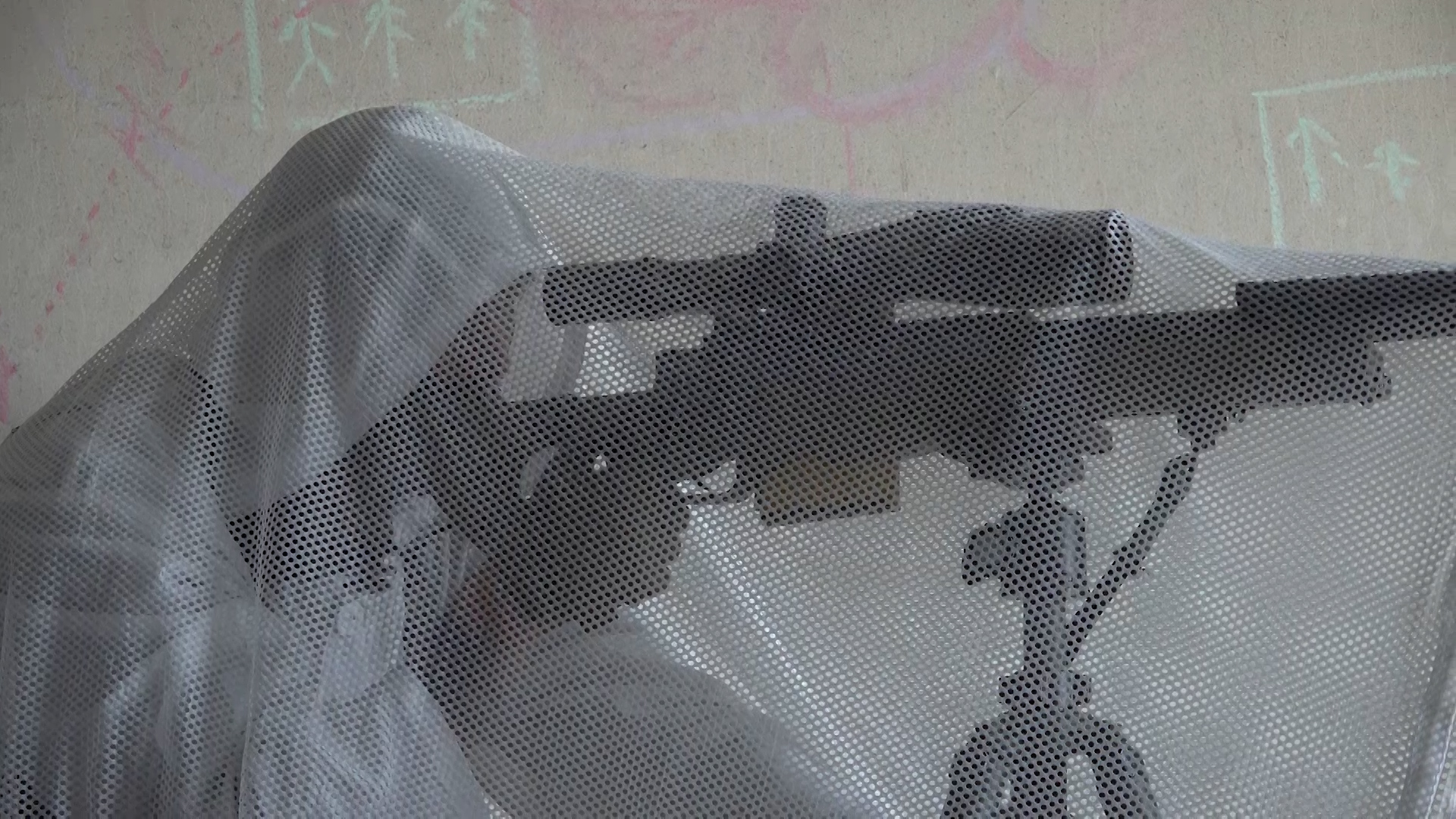
An instructor was positioned outside to make sure they couldn't be seen.
Inside, they were set up as a team of four – a shooter, a spotter and logger, someone on watch as a sentry and a fourth getting some rest or doing personal admin.
Sniper teams rotate around these four positions over the days and nights they are in urban OPs – and they could be there observing a potential enemy for a long time.
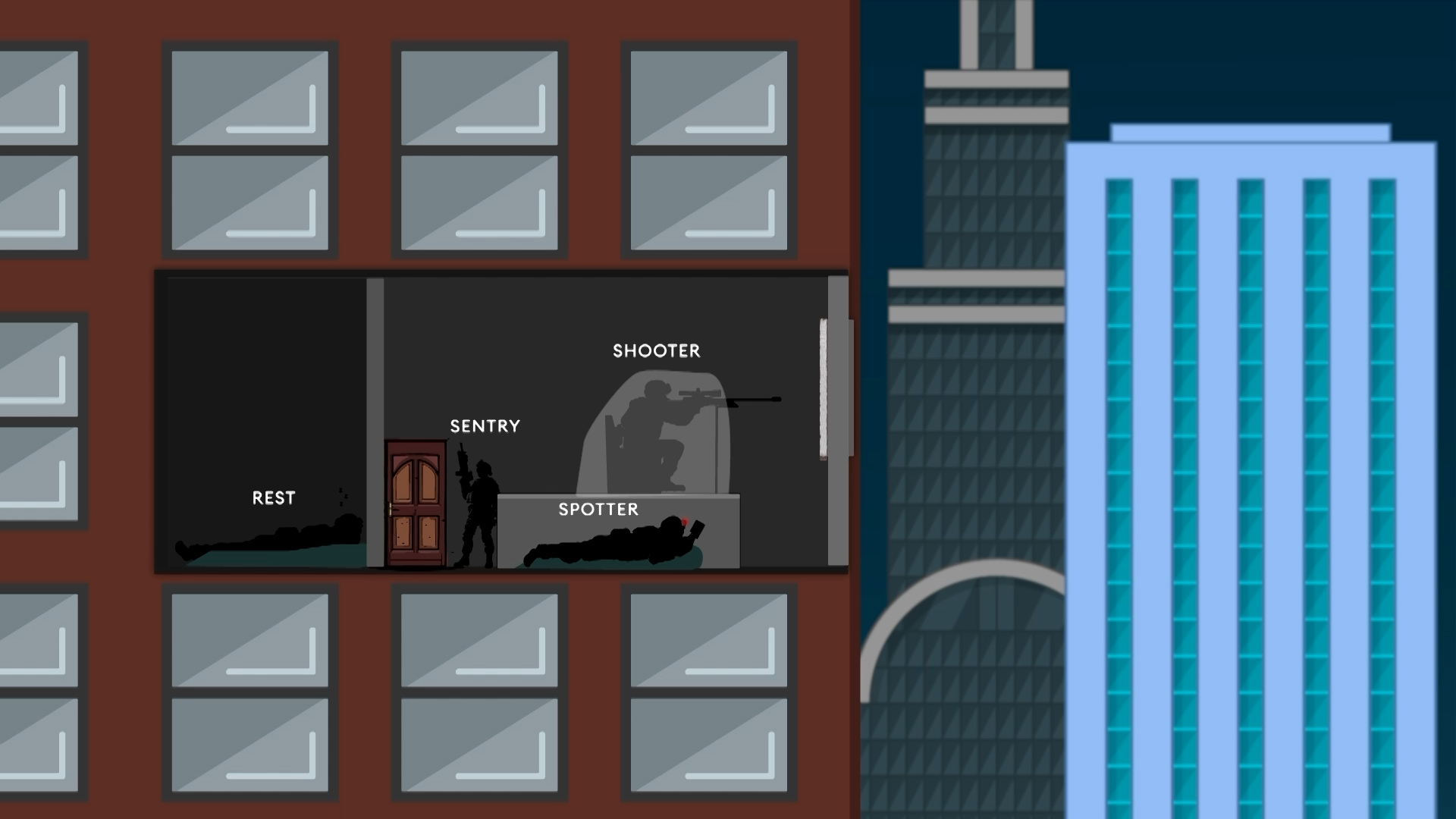
The rural phase
The bags the snipers carry are around 80 kilograms – basically their own body weight – and they need to take only crucial survival kit with them if they become compromised and ditch the rest.
Much like the urban phase, in the rural phase the Royal Marines sniper trainees have to build an observation post and live in it.
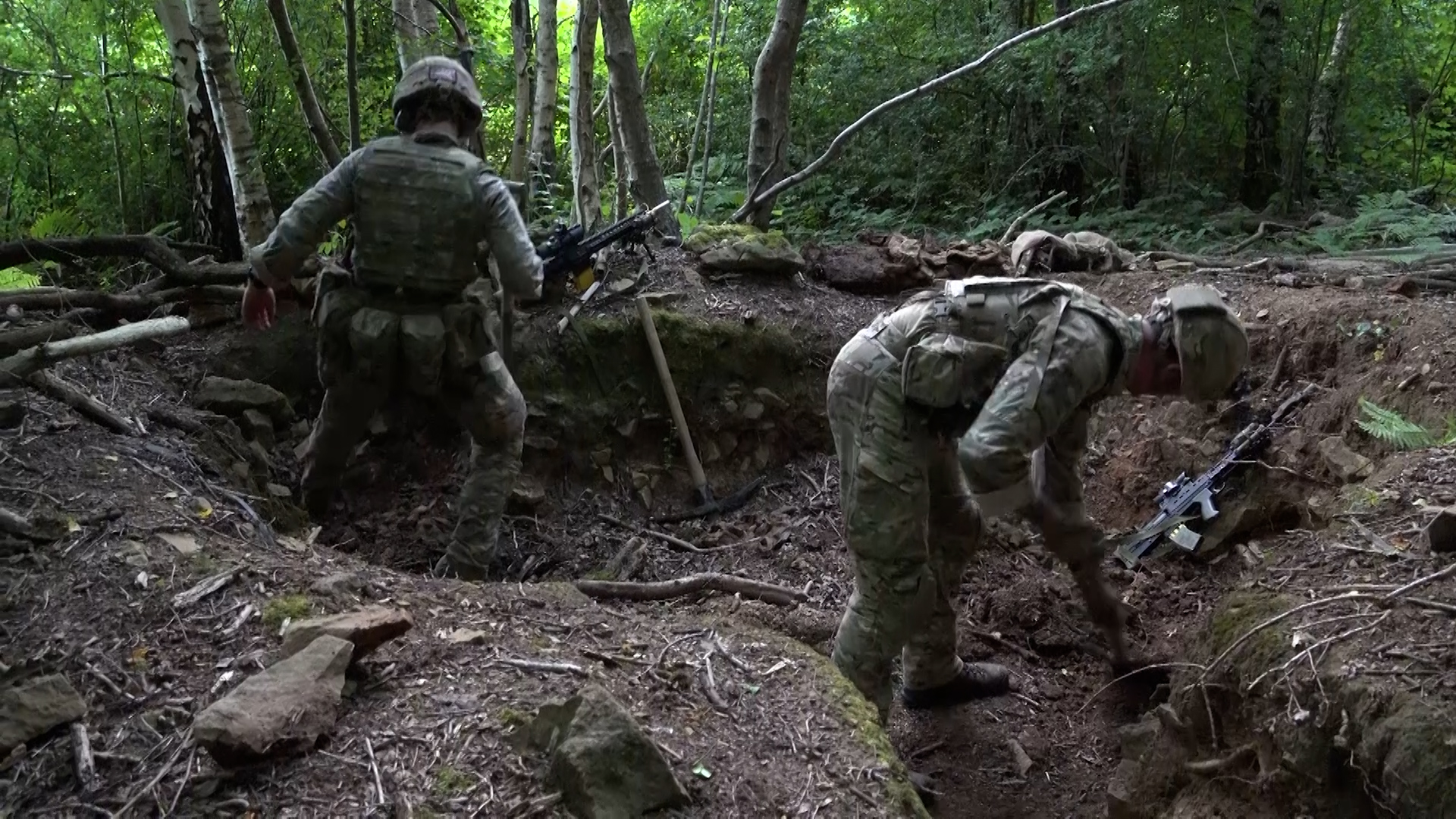
Planning the position of any OP is pivotal, but when it comes to a rural observation post there's more to consider.
One of the most problematic things is finding a location from where the sniper team can see the target from ground level among all the trees and undergrowth.
Of course there must be openings so the shooter can take a shot and the spotter can collect information, and just like in any mission they need to be aware of their surroundings.
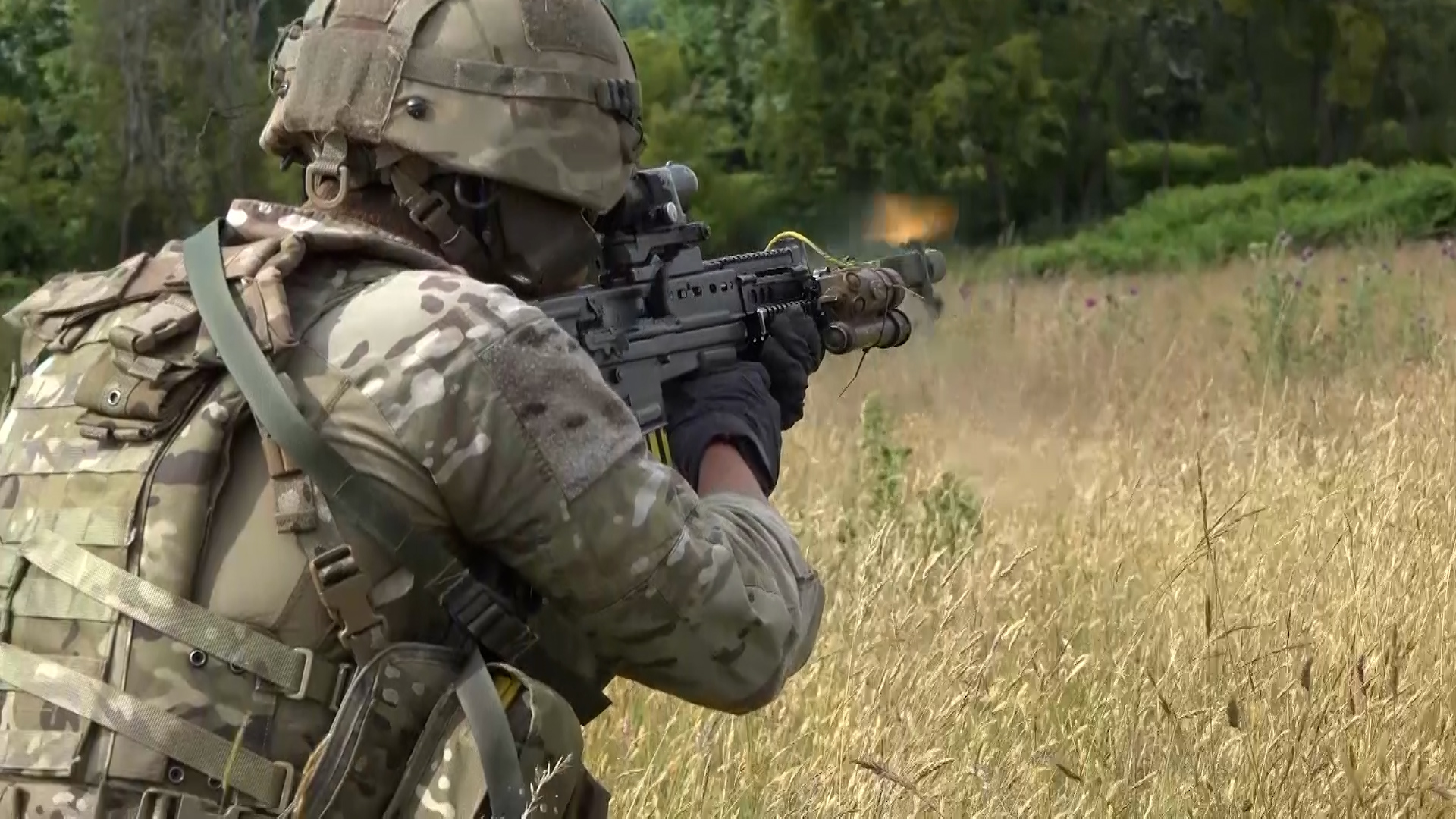
The trainees were being tested on how they react to the unexpected, their tactical decision-making when deprived of sleep and their ability to stay focused in a changing situation.
With the enemy taken out, the tactical phase was complete.
More than 13 weeks through the marksmanship, skills and tactical modules the Royal Marines scout sniper trainees distinguished themselves under the guidance of their instructors from the Commando Training Centre.
And due to the clandestine work Royal Marines scout snipers carry out, I've only scratched the surface of what they've been learning and will be putting into practice.
